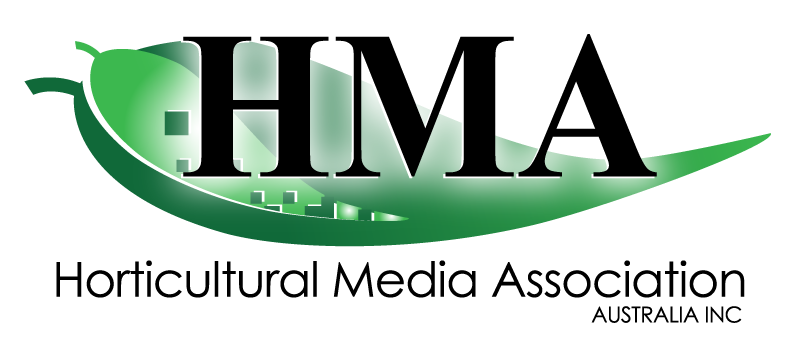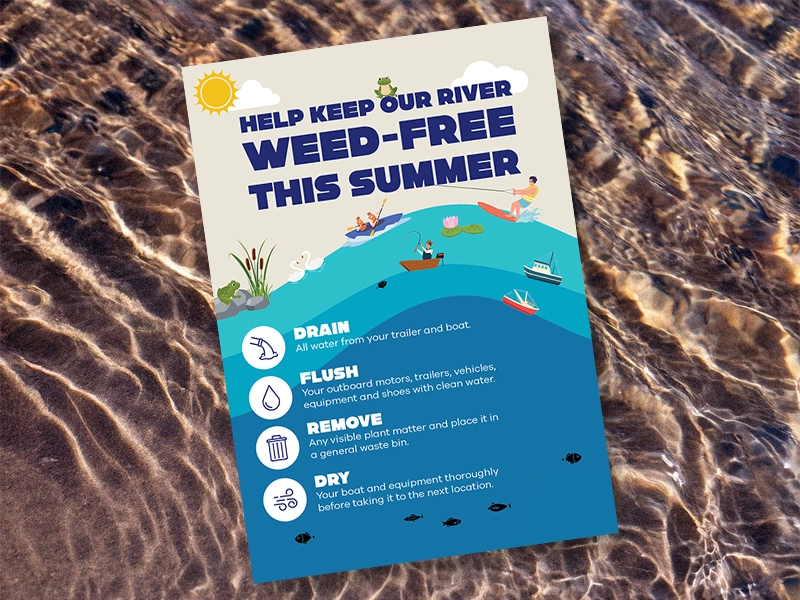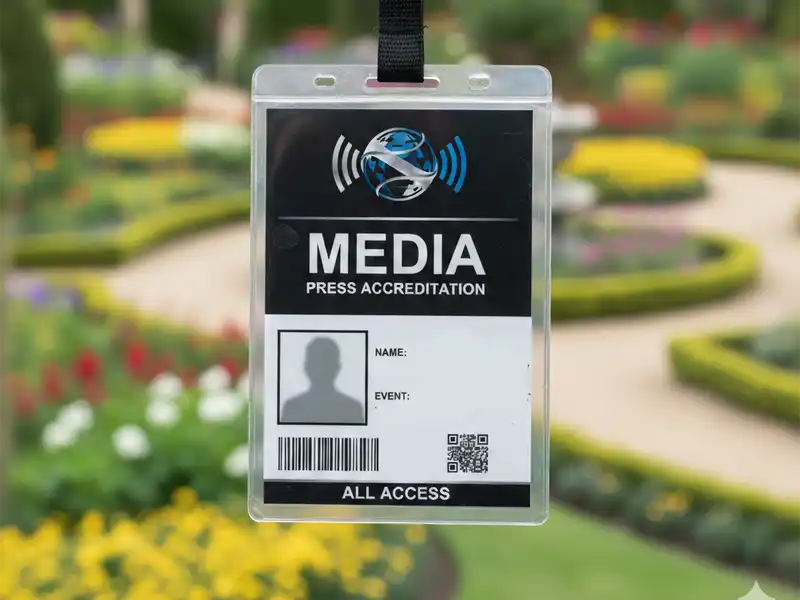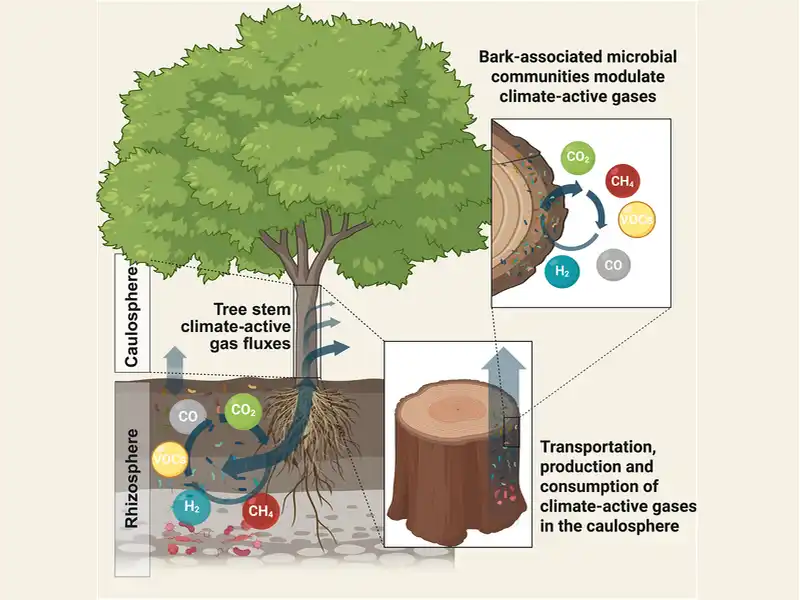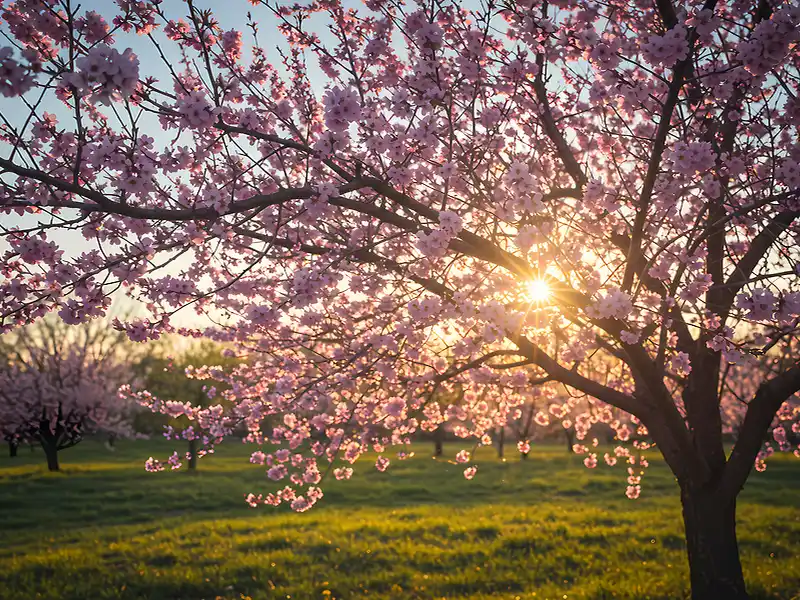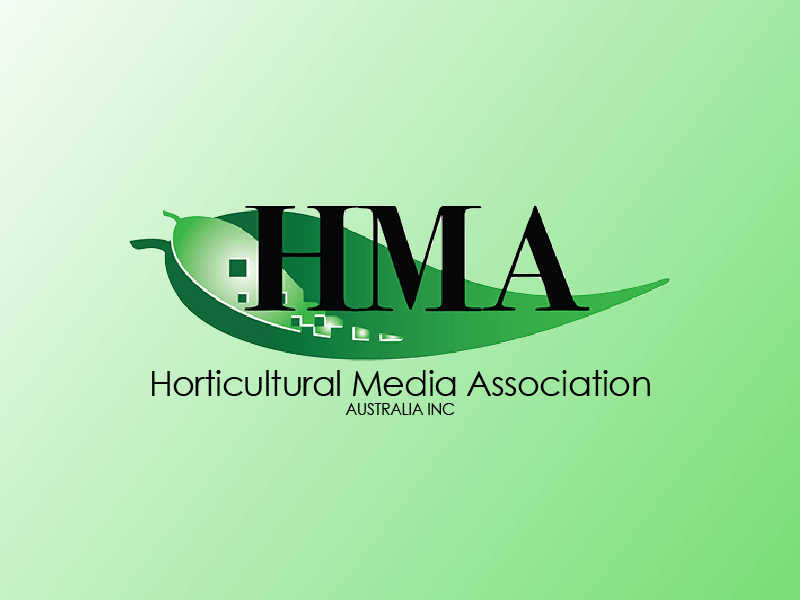13 November, 2025
WESTERN SYDNEY, NSW: With Summer holidays soon to kick off, and a scorching forecast set for Greater Western Sydney, boating and fishing activity along the Hawkesbury-Nepean River is tipped to increase. Western Sydney Weeds Authority (WSWA) is urging recreational boaters to understand their biosecurity obligations and help protect one of New South Wales’s most treasured waterways.
Greater Western Sydney can expect soaring temperatures and a risk of extreme heat this summer, according to the Bureau of Meteorology, with high rainfall also forecast for most of the State. These sweltering conditions are expected to boost visitation to the Hawkesbury-Nepean River, which already attracts thousands of boaters, sailors, water-skiers, fishers, swimmers and kayakers – contributing an estimated $45 million to the region’s economy each year.
WSWA, formerly known as Hawkesbury River County Council (HRCC), controls priority weeds across the Penrith, Blacktown, Hills Shire and Hawkesbury LGAs. Its recent name change seeks to better reflect its regional weed management capabilities and minimise confusion with Hawkesbury City Council.
WSWA cautions that the high volume of people navigating the 120-kilometre Hawkesbury-Nepean River poses a biosecurity threat, heightening the potential to spread harmful aquatic weeds.
“After heatwave conditions this spring, invasive weeds are set to grow rapidly over summer – with higher minimum temperatures and widespread rainfall super-charging their ability to spread,” said WSWA’s General Manager, Chris Dewhurst.
“A lot of people don’t realise the damage aquatic weeds can wreak in the river. They can form dense mats on the water’s surface that can hinder boaters’ navigation, ruin fishing spots by displacing native fish species, and can even pose a drowning risk,” said Mr. Dewhurst.
“Aquatic weeds are great hitchhikers, and it only takes a small amount of plant matter for them to be able to rapidly populate new areas. Boat propellers and anchors can shred weeds into fragments that attach to the hulls, deck fittings and trailers of boats, subsequently spreading them over long distances.”
Many aquatic species like Salvinia, Water hyacinth, Alligator weed and Frogbit are deemed priority weeds under the NSW Biosecurity Act 2015, meaning that they need to be appropriately controlled under State legislation. WSWA is responsible for treating these species and knows too well how easily they can grow.
Salvinia and Water hyacinth can double in size every seven to 10 days, so if a boat carries these species, they can spread exponentially within a matter of weeks.
Under the NSW Biosecurity Act, all recreational waterway users have a general biosecurity duty that they must meet. If you knowingly carry a priority weed into the Hawkesbury region, you could face a penalty – including a maximum fine of $22,000. Luckily, WSWA has shared some tips to help them keep the Hawkesbury-Nepean River safe.
When leaving a waterway, boaters must:
- Drain all water from their trailer-boats;
- Flush their outboard motors, trailers, vehicles, equipment and shoes with clean water;
- Remove any visible plant matter or debris from their boats and place it in a general waste bin, and;
- Allow their boat and equipment to air-dry before taking it to the next location.
This summer, WSWA’s weed control staff will set sail on their punt, Yanung Badu – or ‘Watching Water’ in the local Dharug language – to access weed infestations along the river.
After a trip down the Hawkesbury, the vessel is cleared of plant matter and sprayed down with clean water, while any organic debris is swiftly binned.
“We constantly come face-to-face with weeds when we’re out on the water – so once we’re back on land, cleaning the punt is essential,” said WSWA’s Weed Control Coordinator, Natalie James.
“It’s going to be a busy summer on the Hawkesbury-Nepean River, so we hope that everyone enjoying the water takes a responsible approach. We all have a role to play in biosecurity – whether you’re part of the local community or just visiting from out of town.”
For more information about your general biosecurity duty, visit the NSW Department of Primary Industries website.
If you’ve spotted Salvinia, Water hyacinth, Alligator weed or Frogbit on the river, notify WSWA using this weed reporting form.
—ENDS—
Media information:
The PR Partnership
Karen Gampenov | 0411 795 131 | karen@prpartnership.com.au
Stella Dearing | 0450 589 480 | stella@prpartnership.com.au
